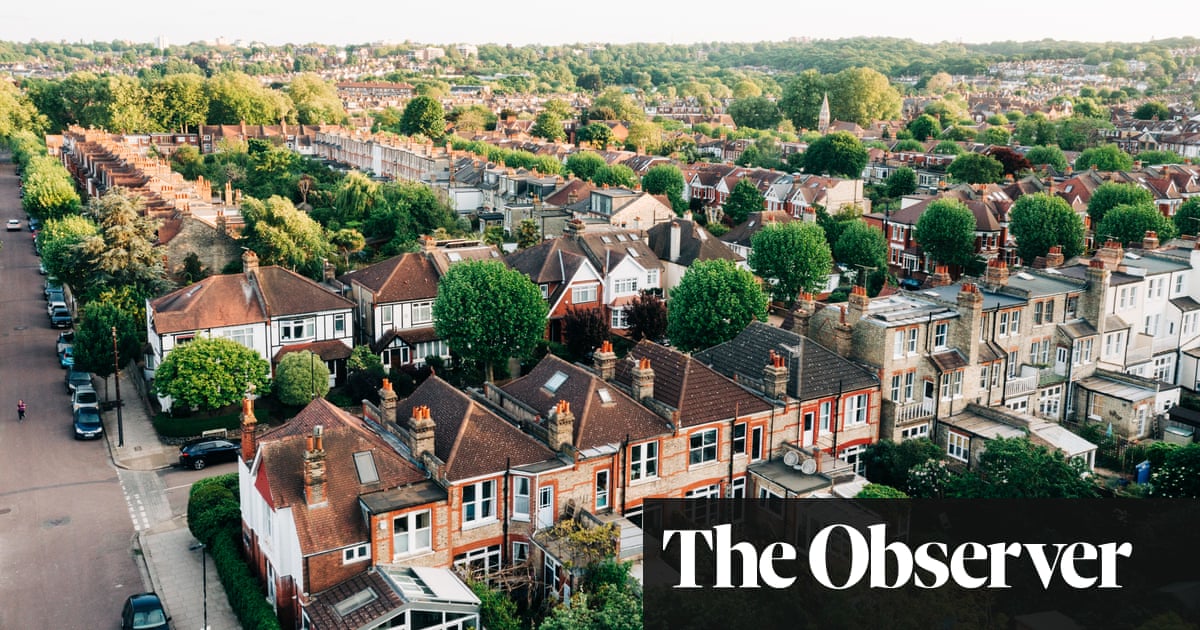
There has been a sharp rise in the number of calls to ChildLine from distressed young people struggling to deal with the Covid-19 pandemic and its impact on their lives.
Demand for help has been “unprecedented”, according to the children’s helpline, which has provided more than 900 counselling sessions for children and young people worried about the virus, peaking last Wednesday, when the government announced schools across England were to close.
Callers said they felt anxious and isolated, particularly with the loss of support that school provides. One teenage girl with existing mental health issues told a counsellor her appointment with child and adolescent mental health services (CAMHS) had been cancelled.
“I feel really anxious, upset and lonely,” she said. “The news has made my mental health worse but my CAMHS appointment has been cancelled and school has closed.”
The government announced last week that schools and colleges would close indefinitely in order to slow the spread of the coronavirus, apart from a skeleton childcare service for vulnerable children and children of key workers.
Peter Wanless, chief executive of the NSPCC children’s charity, said: “The 24/7 news cycle about coronavirus is causing huge worry and anxiety in young people – particularly those who are already coping with many other issues in their lives.
“While we are all facing events unprecedented in modern times, keeping children safe and providing them with a space to talk about their concerns is our number one priority.”
Parents’ anxieties about the spread of the virus are already impacting on their children, according to ChildLine. “My mum and I have a good relationship,” said one caller, “but she’s really obsessed with the news and she won’t hug me or get very close to me.
“It scares me to think this will go on for months. She constantly talks about the coronavirus and my anxiety is getting worse.”
ChildLine staff and volunteers are considered as key workers by the government. Although counsellor numbers are down because some volunteers have had to self-isolate, founder Esther Rantzen said their work would continue to be vital in the public health emergency.
“Sometimes young people find it difficult to share their anxieties with their parents, for fear of worrying them further. So, it is important that families talk about their feelings, together,” she said.
“We are hearing from children who have been cut off from vital support networks such as school, and friends, and that has increased their feelings of loneliness and vulnerability. They may have pre-existing mental health issues which are exacerbated by the current crisis.”
The Liberal Democrat education spokeswoman, Layla Moran, said the decision to close schools and cancel exams was the right one, but it had left thousands of children feeling worried or stressed about their future.
“Whilst the government’s focus should be above all on saving lives, the prime minister must understand the impact of this crisis on the mental health and wellbeing of our country.
“Liberal Democrats are calling on the government to pay whatever it costs to get all pupils and staff the resources they need to continue learning at home. For the sake of their wellbeing, and for their futures, we need to give children something positive and productive to engage in.”
More than three in five (63%) of coronavirus counselling sessions were with girls, and almost two in five (37%) were children aged 12-15.
* The freephone ChildLine number is 0800 1111. More details about contacting the organisation can be found here.











